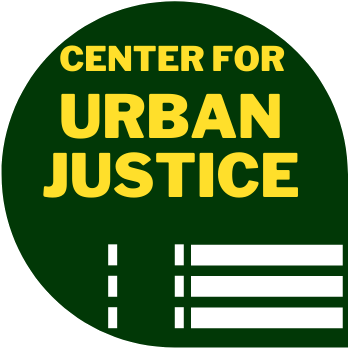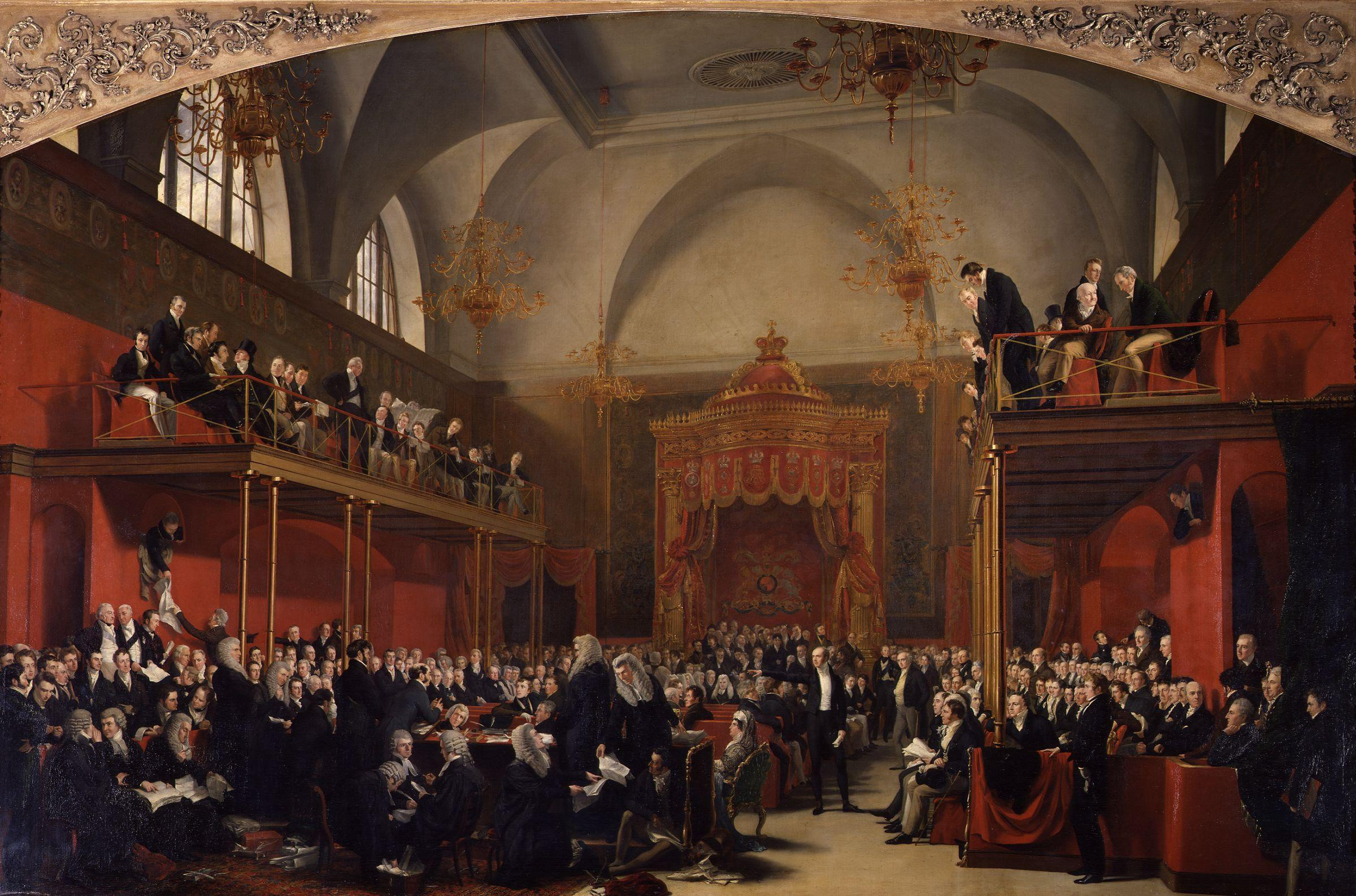(Official press release here. Verdict coming soon.)
You know what takes almost four years?
A degree. A house renovation. A really patient sourdough starter.
Also: getting access to an analysis of pedestrian crossings in Luxembourg City.
We’re not joking. But we are celebrating.
Because this week, Luxembourg’s highest administrative court ruled in our favor. The City of Luxembourg has to hand over the documents we asked for way back in 2021 — the internal memo, the analysis of pedestrian crossings, the database of street markings, all of it.
Even the “sensitive” stuff like… whether cars are parked too close to zebra crossings. 😱
The Backstory (in case you forgot)
Back in 2021, our Safe Crossing project found that a third of Luxembourg City’s crossings weren’t compliant with the law. Some were just downright dangerous. We asked the City for their own data — the same stuff they used to dismiss our work.
Instead of giving us the documents, they gave us excuses.
Some highlights:
- “It’s internal.”
- “It’s a draft.”
- “You can’t have it because… terrorism?”
- “There’s an agreement with MMTP.” → (Spoiler: there isn’t.)
So we sued. And we won in 2024.
Then the City appealed.
Now, in 2025, we won again — and this time it’s final.
What the court actually said
The appeals court agreed with the original ruling but added extra sauce. Their reasoning was even stronger. They said:
- If a city official quotes a document in public (👋 Goldschmidt), that document is now public.
- A database that describes “a factual situation at a specific moment in time” is public — even if it’s messy or evolving.
- “Internal” doesn’t mean “secret.” And “huis clos” doesn’t magically turn council meetings into SREL.
Also: claiming you might have an agreement with another agency (MMTP) but then failing to produce a single piece of paper? Not a good look. The court noted it with a raised eyebrow, legally speaking.
What now?
So here’s what happens next:
- We wait for the City to hand over the documents.
- We finally finish our Safe Crossing audit — now with proof that the 5-meter rule is not optional.
- We relaunch SafeCrossing.app this summer and start re-checking crossings. Want to help in your city? You can.
- And we’re launching a Transparency Support Fund — to help journalists, researchers, and other small orgs file FOI requests without having to crowdfund almost €15,000 and survive three years in court.
Final Thoughts
Let’s be clear: we didn’t set out to start a four-year legal battle.
We weren’t on some mission to test the Transparency Law.
We just wanted to finish our safety audit. That’s it.
But instead of handing over a memo and a map, the City went full fortress mode — refusing, appealing, and inventing reasons not to share the info. They stretched out the process, moved the goalposts, and made it way more complicated than it ever needed to be.
And in the end?
They lost.
The data will be released. The crossings will be re-checked. The public gets to see what’s really going on.
So no, we didn’t ask for this fight. But since they picked it, we made sure to win it — not just for us, but for anyone who’ll file an FOI request after us.
Let’s fix the crossings.
Let’s check the data.
Let’s not let this happen again.
– Team ZUG

